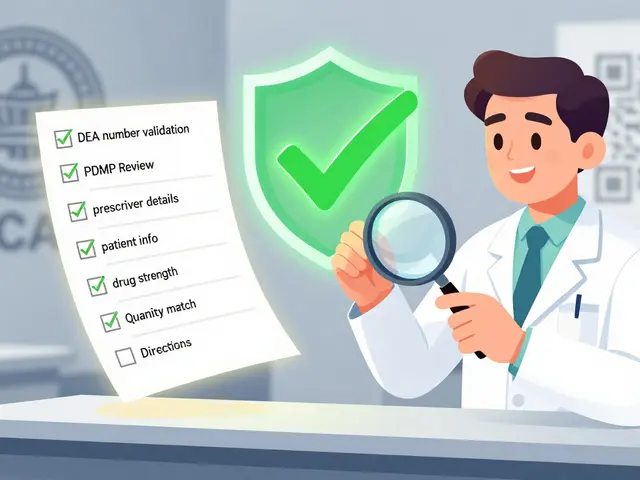Sofosbuvir — a practical guide for people treated for hepatitis C
Sofosbuvir is one of the most effective direct-acting antivirals (DAAs) used to cure hepatitis C virus (HCV). If you or someone you care for is starting treatment, this page gives clear, useful facts: what sofosbuvir does, how it’s usually taken, common side effects, and what to watch for during therapy.
How sofosbuvir works and typical use
Sofosbuvir blocks a viral enzyme the hepatitis C virus needs to copy itself. It’s taken once daily as a 400 mg tablet, but it’s rarely used alone. Most regimens combine sofosbuvir with another antiviral like ledipasvir, velpatasvir, or velpatasvir/voxilaprevir. Treatment length commonly runs 8 to 12 weeks depending on genotype, prior treatment history, and liver health.
Cure is measured as sustained virologic response (SVR) — basically an undetectable viral load 12 weeks after finishing therapy. Many modern sofosbuvir-based combos reach SVR rates above 95% for most patients.
What to expect during treatment (side effects, interactions, monitoring)
Side effects from sofosbuvir combos are usually mild. Expect possible fatigue, headache, nausea, or insomnia. If ribavirin is added, anemia and stronger tiredness become more common. Serious reactions are rare but seek care for severe rash, breathing trouble, or fainting.
Drug interactions matter. Avoid strong P-gp inducers like rifampin and St. John's wort — they can lower sofosbuvir levels. Amiodarone plus sofosbuvir may cause slow heart rate; notify your doctor if you take amiodarone. Acid reducers (antacids, PPIs) mainly affect partners like ledipasvir or velpatasvir, so timing or dose adjustments might be needed.
Kidney and liver function affect choices. Some sofosbuvir combinations aren’t recommended for severe renal impairment. Your provider will check blood work and HCV RNA before, during, and after treatment — usually at 4 weeks, at the end of treatment, and 12 weeks post-treatment to confirm cure.
Pregnancy and contraception: ribavirin is harmful in pregnancy. If your regimen includes ribavirin, strict contraception is required for both partners during and after treatment per doctor instructions. Data on sofosbuvir alone in pregnancy are limited, so discuss risks with your provider.
Access and cost: branded sofosbuvir can be expensive in some countries, but generic versions are available in many regions. Avoid sketchy online sellers; use licensed pharmacies or programs recommended by your clinician. If cost is a barrier, ask your clinic about patient assistance programs or generic alternatives that meet local regulations.
Questions to ask your clinician: Which combo is best for my genotype and liver stage? Do I need dose changes for other meds I take? What monitoring schedule will we follow? Clear answers will make treatment smoother and safer.
If you want a quick checklist before starting: confirm HCV genotype and viral load, review other medications, check pregnancy plans, and arrange follow-up tests. Sofosbuvir-based therapy is often short, well-tolerated, and highly effective when supervised by a clinician.





